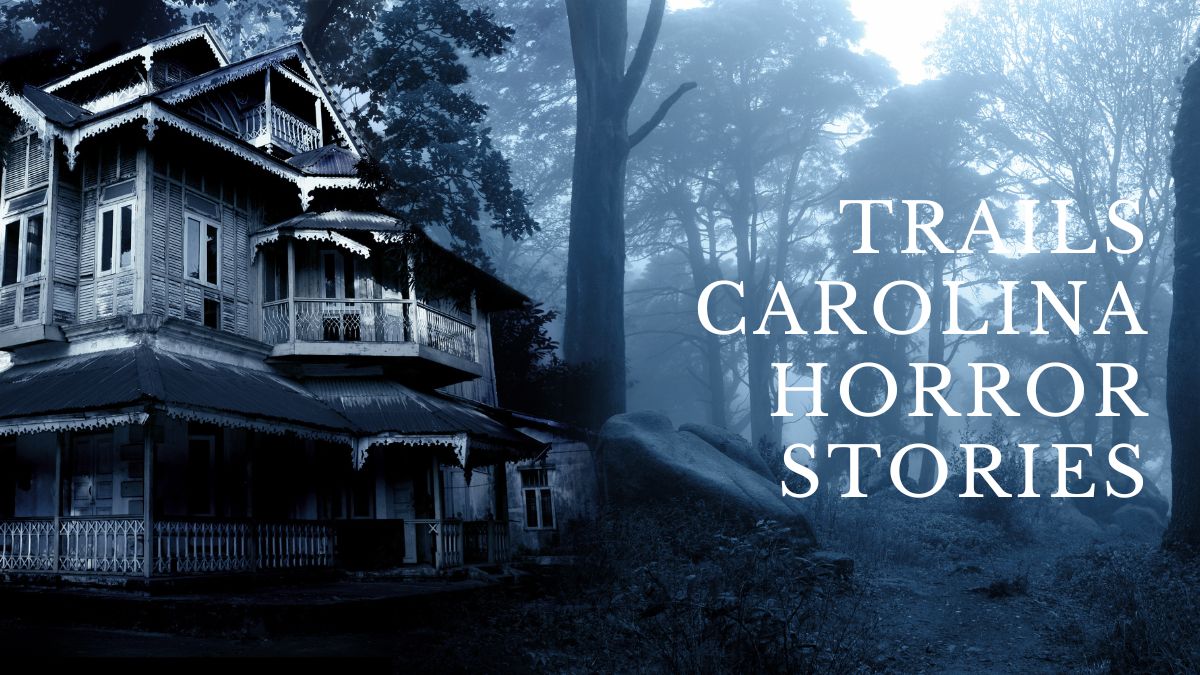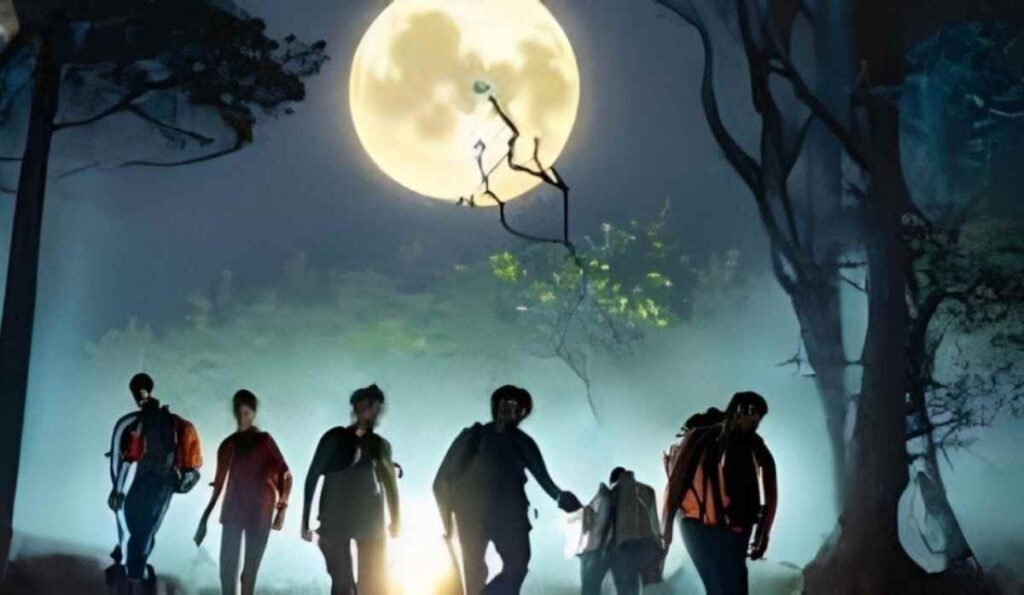
Introduction
Nestled in the wilderness of North Carolina, Trails Carolina presents itself as a haven for troubled youth and their families. Promising transformative experiences through wilderness therapy, it offers an alternative to traditional therapeutic approaches. However, beneath its serene exterior lies a dark reality—horror stories of abuse, neglect, and trauma suffered by participants. This article delves into the unsettling truths behind Trails Carolina and the profound impact of its practices on those who pass through its doors.
The Promise of Healing: Trails Carolina’s Appeal
Trails Carolina appeals to families seeking solutions for their troubled youth. With promises of growth, self-discovery, and healing in the wilderness, it presents an enticing alternative to conventional therapy. The allure of nature and adventure, coupled with the prospect of therapeutic intervention, draws in many desperate for a lifeline amidst the challenges they face.
The Emergence of Horror Stories
Behind the veneer of therapeutic promise lies a disturbing reality—horror stories recounted by former participants and staff members. Accounts of abuse, neglect, and trauma paint a bleak picture of life within Trails Carolina. Participants speak of physical and emotional mistreatment, inadequate safety measures, and coercive practices that leave lasting scars on their well-being.
Allegations of Abuse and Neglect
Perhaps the most alarming aspect of Trails Carolina horror stories is the prevalence of abuse and neglect suffered by participants. Reports of verbal harassment, physical aggression, and instances of assault at the hands of staff members cast a dark shadow over the program’s purported mission of healing. Instead of finding sanctuary in the wilderness, participants find themselves subjected to further trauma and fear.
The Lack of Oversight and Accountability
Central to the perpetuation of these horror stories is the lack of oversight and accountability within the wilderness therapy industry. With minimal regulations in place, programs like Trails Carolina operate with impunity, shielded from scrutiny and consequences. The absence of rigorous oversight enables the continuation of harmful practices under the guise of therapy, putting vulnerable youth at risk.
The Toll on Participants and Families
The impact of Trails Carolina horror stories extends far beyond the confines of the program itself. Participants emerge with deep-seated scars and unresolved trauma, grappling with the lasting effects of their experiences in the wilderness. Families are left reeling, grappling with feelings of guilt, betrayal, and helplessness as they confront the aftermath of their loved ones’ time at Trails Carolina.
The Mask of Therapy: Unveiling Coercive Practices
Behind the facade of therapeutic intervention lies a troubling reality—coercive practices employed within Trails Carolina. Participants recount experiences of manipulation, coercion, and psychological pressure aimed at compliance with program rules and objectives. From forced confessions to punitive measures for non-compliance, these coercive tactics undermine the ethical principles of therapy and contribute to the trauma experienced by participants.
Silence and Secrecy: The Culture of Fear within Trails Carolina
Within the confines of Trails Carolina, a culture of fear and secrecy pervades, silencing voices of dissent and perpetuating a cycle of abuse. Participants and staff members alike speak of an environment characterized by intimidation, threats, and retaliation against those who dare to speak out. This culture of silence not only enables abuse to thrive but also further isolates participants from external support systems, exacerbating their vulnerability and trauma.
Lost in the Wilderness: The Impact of Trauma on Mental Health
For many participants of Trails Carolina, the trauma endured during their time in the wilderness leaves lasting scars on their mental health and well-being. From PTSD and anxiety to depression and suicidal ideation, the aftermath of their experiences can be debilitating and long-lasting. Without proper support and intervention, these individuals struggle to navigate the challenges of reintegration into society and may continue to suffer in silence long after their time at Trails Carolina has ended.
Beyond the Headlines: Amplifying Survivor Voices and Experiences
Amidst the headlines and investigations, it’s crucial to center the voices and experiences of survivors who have lived through the horrors of Trails Carolina. Through survivor-led initiatives, advocacy efforts, and support networks, these individuals reclaim their narratives and demand accountability for the injustices they have endured. By amplifying survivor voices, we not only bear witness to their truths but also empower them to drive meaningful change within the wilderness therapy industry.

Calls for Investigation and Reform
In the face of mounting allegations and concerns, calls for thorough investigations into Trails Carolina’s practices have intensified. Families, advocates, and regulatory bodies demand transparency and accountability for the abuses suffered by participants. It is imperative that these investigations be conducted with diligence and impartiality to uncover the truth and hold responsible parties accountable for their actions.
Shining a Light on Darkness: Documentary Efforts
Documentaries and investigative series have played a pivotal role in exposing the dark underbelly of wilderness therapy programs like Trails Carolina. By amplifying the voices of survivors and shedding light on systemic issues, these efforts have fueled public outcry and catalyzed calls for reform. Through film and media, the stories of those who have suffered at the hands of Trails Carolina are brought to the forefront, demanding justice and change.
Conclusion
Trails Carolina horror stories serve as a sobering reminder of the dangers lurking beneath the surface of wilderness therapy programs. As allegations of abuse, neglect, and trauma continue to surface, it is imperative that we confront these truths with courage and determination. By holding programs like Trails Carolina accountable and advocating for meaningful reform, we can ensure the safety and well-being of vulnerable youth and prevent further tragedies from unfolding in the name of therapy.








